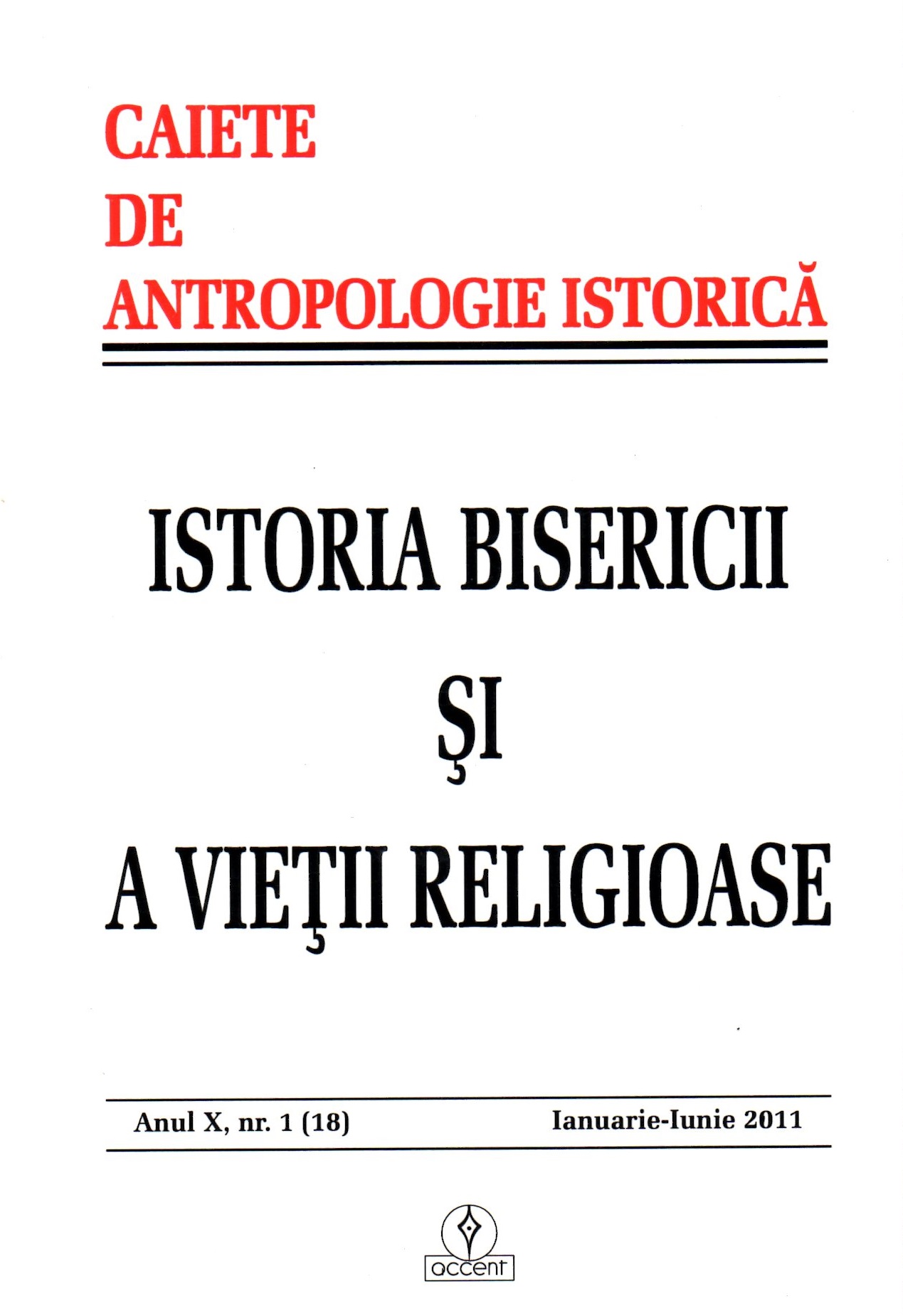Determinism moral şi responsabilitate individuală în vechea gândire greacă
Moral Determinism and Individual Responsibility in Early Greek Thinking
Author(s): Radu BandolSubject(s): Ethics / Practical Philosophy, History of ideas
Published by: Accent Publisher
Keywords: moral determinism; individual responsibility; man with Homeric way of thinking; Moira; collective representation; Psychē;
Summary/Abstract: The present study engages an interrogation that runs through the history of thinking and is acute even in contemporaneity: which is the ratio between one’s personal responsibility and its being determined by things, deeds, and external entities? In the case of the man with a Homeric way of thinking, it will be argued for this one’s being determined by a nature external to his own and a responsibility traced by the limits of this nature. The ratio between the concepts of determination and responsibility takes place in the case of the Homeric man along the migration from an irrational frame of thinking (mythic, unscientific in the modern sense) towards the rational (based on terminology and reflection), on the one hand, and from a natural religion to a philosophical conceptualization, on the other. The general frame in which we can situate the intentional behavior of the Greeks is given by the understanding of its relation to the sources of thinking. The contemplation of Nature will take one to cosmogonic or theogonic representations, and the introspection on the feeling of freedom, the awareness to a smaller or a greater extent of the moral responsibility, the impulse of doing something or of avoiding accomplishment, will generate ethical reflections. The interference of factors external to man with this one’s nature will have as a consequence the modification of thinking and behavior. The archaic frame in which the Homeric man can be placed reflects the dominance of the emotional, the lack of the principle of causality and of self-conscience. The ancestral mental space, in which the intentional attitude of the Homeric man is immersed, is also traced by Moira, i.e. the dominant conception of a certain order of Nature, which will afterwards assume alternative forms of the moral dominance of Destiny, Justice or Law. Moira is in agreement with collective representations, that inalienable frame delivered by society in which and by means of which the whole individual thinking is constrained to move. As Moira does not refer to an ordered or planned disposition of Nature, through an act of will and because it does not have an individual purpose or plan, it accepts an area of maneuver from the individual, but its limits should not be exceeded, otherwise this one commits injustice. The analysis of the concept of person along the line of the body – soul relationship observes the fact that the Homeric man does not have a unified concept of person, but he can reason it by means of the 'yuch', regarded as collective, universal soul. The traditional relationship of the body with the soul will take on a new dimension in the 5th century B.C., influenced by a new religious mentality: the soul starts to have a conflictual relationship with the body, with which it has felt in agreement up to that moment, and acquires a rational dimension. The image of the ratio between the moral determinism and the individual responsibility for the man with Homeric thinking is completed by his forms of irrationality found in the ritualic madness of ecstasies, the need for a transcendental authority that offers safety (the cult of Dionysos), the acceptance of the idea of inherited guilt for which satisfaction in the life here has to be offered, posthumously or through the doctrine of reincarnation, the fear of being stained together with the will for purification, as well as the explanation of behavior in cognitive language.
Journal: Caiete de Antropologie Istorică
- Issue Year: 2011
- Issue No: 18
- Page Range: 213-229
- Page Count: 17
- Language: Romanian

